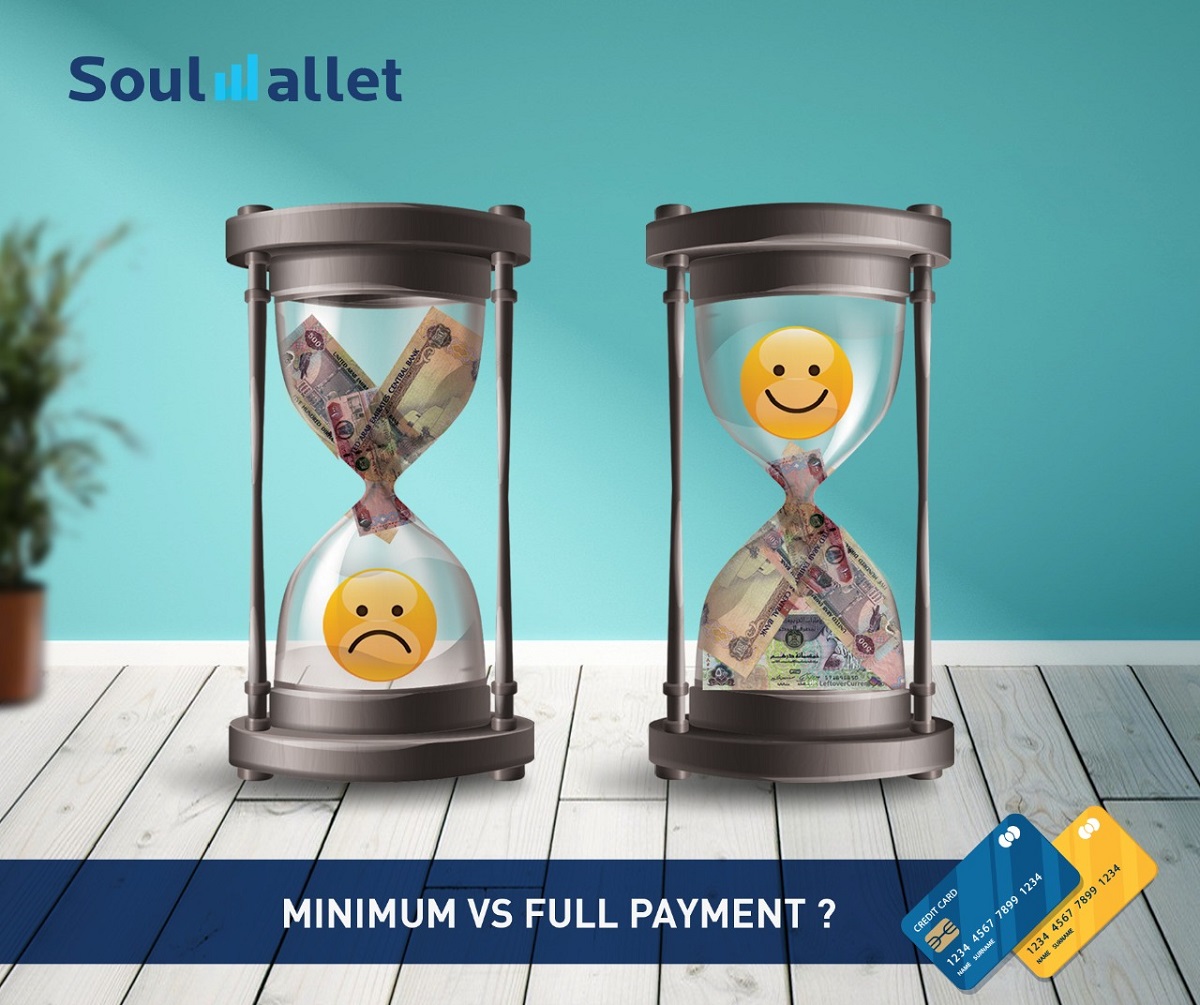Credit cards allow users to pay for items or services in lieu of cash. However, a person should be responsible enough to understand that the card must not be considered free cash.
That is why, for some people, without proper guidance, it is easy to end up in serious debt within a short span of time.
Here are six of the most common mistakes first-time credit card owners make when using their cards and what can be done to avoid them.
1.Believing credit isn’t important
In the real world, having good credit is vital. Credit scores allow an individual to apply for mortgages and save up on car insurance premiums.
Without excellent credit scores, you won’t have access to lower interest rates or premium credit card rewards. Even potential employers and the landlord of your future apartment might check up on your credit score to see your ability to pay your debts.
By managing your credit responsibly, future credit card and loan applications are approved more easily and you can gain access to better offers. You can also use your good standing to negotiate better interest rates on loans. Even credit cards with a limit of $5000 can help build your credit score.
So apply for a credit card early, but make sure to use it wisely.
2.Spending too much
Credit cards offer users the opportunity to buy or pay for products or services that may currently be out of financial reach. However, if you’re not aware of where your money goes and how much you spend on a monthly basis, you could quickly max out your cards and end up in crippling debt.
Live below your means. This is true regardless of whether you are still currently relying on your parents for financial support or working multiple jobs.
Create a budget to get an idea of your financial state. Make a list of your sources of income and your monthly expenses. There are apps that can make recording this information easier, although simple spreadsheets can work just as well.
Write a goal to motivate yourself to save, then create a financial plan for achieving your objective. It could be as simple as skipping Starbucks for a year or avoiding mall sales.
3.Paying only the minimum amount
If you have any outstanding payments on your credit card, do your best to pay these off as quickly as possible. Compound interest can easily bloat your small debt if you are not careful.
Say, you paid AED5,000 for a used car and paid for the purchase using your credit card. With an annual interest rate of 15 percent making the minimum payment AED150, it will take 173 months or more than 14 years to pay it off. At the end of this period, you would have paid over AED8,300 on interest rates alone.
That is more than your original debt if you think about it, so make an effort to eliminate your credit card debt as quickly as you can.
4.Missing payments
Not paying on time can be devastating to your credit score. It stays on your record for at least five years.
As much as possible, avoid buying anything that you cannot afford to pay in cash. By doing so, you avoid going over your budget and getting into credit card debt.
Find a way to make paying off your credit card debt automatic if you are the type who forgets. Perhaps you can open a bank account that automatically debits a certain amount to pay off your debt. This way, you won’t have to worry about forgetting your payments.
6.Lending your credit card
For some, having a credit card gives the holder a license to spend to its limits. You may be responsible with using your credit card, but you can’t say the same thing about your friend, girlfriend, boyfriend or significant other.
Treat your credit card as you would your bank account PIN: always keep it secured to yourself. Never let anybody else use it to avoid souring your relationship and ending up in bad debt.
Remember these common errors so you can avoid getting into trouble with your credit card company.



